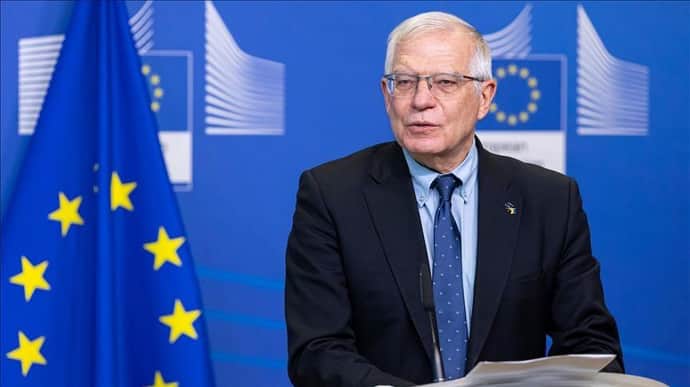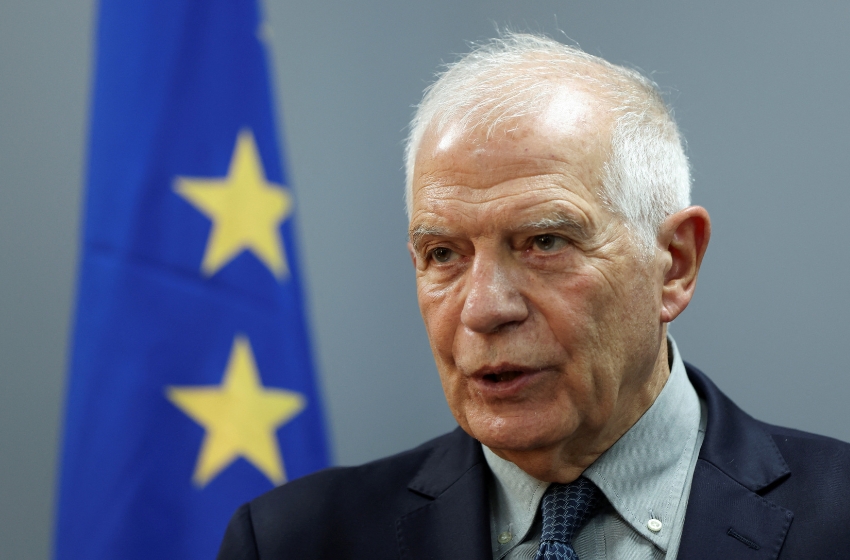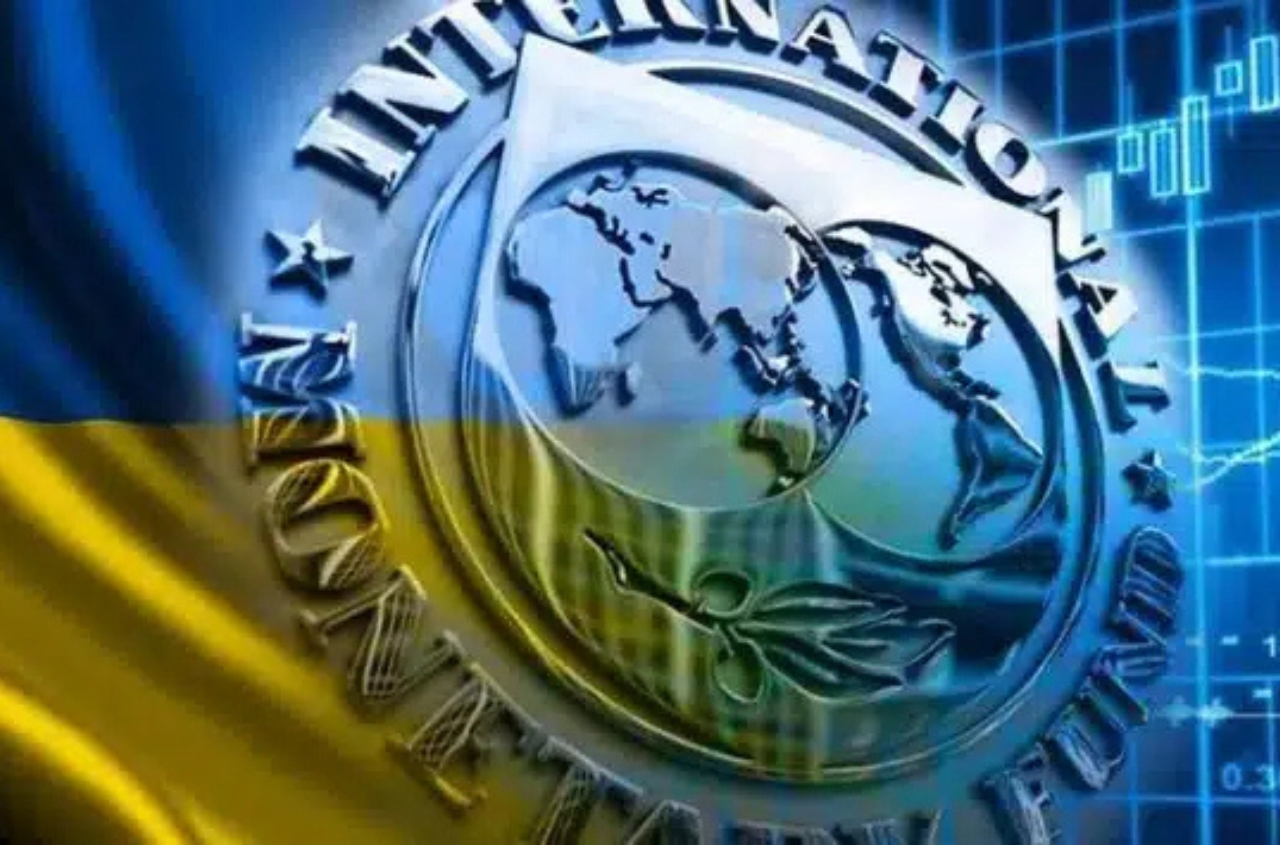The Russian imperialist war against Ukraine has proven the necessity of prioritizing the development of European defense industries and related applied technologies.
This was stated by the EU High Representative Josep Borrell in his blog on the European External Action Service website. His remarks followed his participation in the COTEC conference on technological sovereignty in defense, which took place in September in Las Palmas, Spain.
“Russia's aggressive imperialist war is indeed seen as an existential threat to the European Union. Against this backdrop, determining joint loans to finance the major military efforts to support Ukraine, with the goal of forcing Putin to negotiate, must be done quickly and in accordance with EU agreements. At the same time, they must strengthen Europe’s competitiveness in critical defense industry sectors and prevent our irreversible lagging behind Russia and others,” noted the EU High Representative.
According to Borrell, the EU and its member states spend 14.4 billion euros annually on military research and development. In comparison, the U.S. spends almost ten times more on such programs—around 130 billion euros. Moreover, European investments are fragmented and distributed among member states. This fragmentation reflects the general situation in European defense, where only 18% of defense equipment in Europe is ordered jointly, in collaboration, while the rest is on a national basis in individual member states. As a result, Europe’s defense industry is too small in scale, too fragmented, and faces a lack of innovation.
To address this problem, the EU has started pooling defense production efforts. The European Defense Fund, created as part of the EU’s multiannual budget, allocates 8 billion euros for defense research over a seven-year period. The European Defense Agency has established the EU Defense Innovation Hub (HEDI), involving small and medium-sized enterprises and private businesses. Meanwhile, the European Commission launched the EU Defense Innovation Scheme, which has provided 225 million euros in funding to around 400 European companies this year alone.
Borrell also emphasized the importance of strengthening collaboration between defense production and the private sector. Many modern technologies have originated in the defense sector, but today there is a reverse trend—more and more civilian commercial technologies are being used in the military domain.
“The Russian aggressive war against Ukraine has provided a clear illustration of this trend. It began with a large-scale cyberattack, and it was Microsoft, a commercial entity with the necessary capabilities, that took steps to protect Ukraine’s digital infrastructure. While Russia targeted Ukraine’s internet infrastructure, another commercial operator, Starlink, ensured communication for Ukraine’s Defense Forces,” Borrell reminded.

“In a world of renewed conflicts and geopolitical competition, defense requires leadership in vision, including advanced technologies. The European defense industry has enormous potential. Our task is to unlock it,” added the EU High Representative.





















